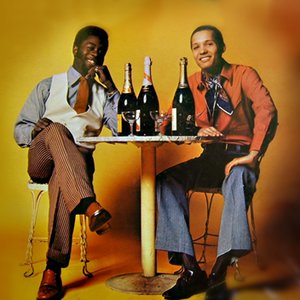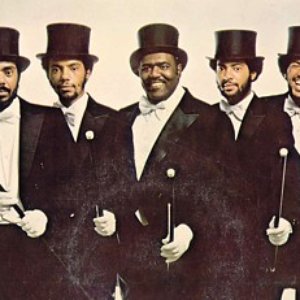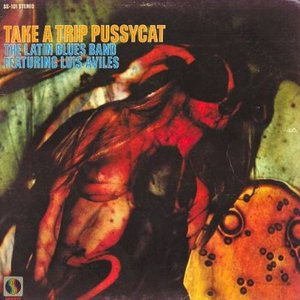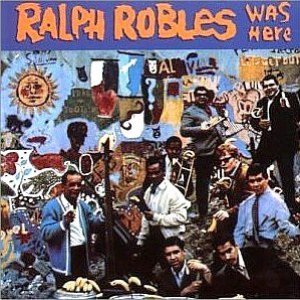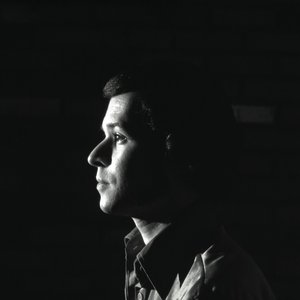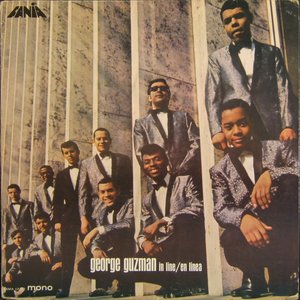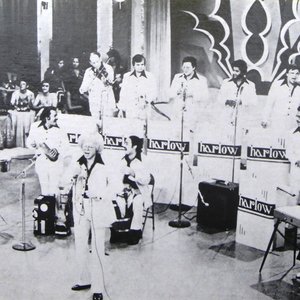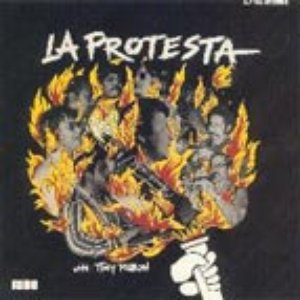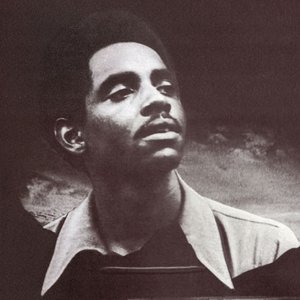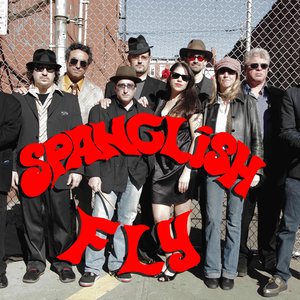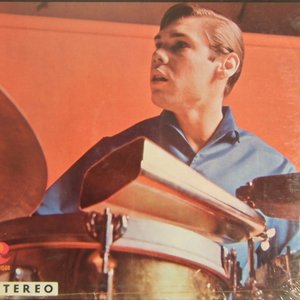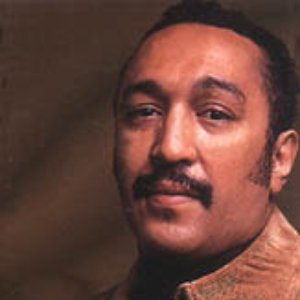Biography
Joey Pastrana Real Name Jose Luis Pastrana Santos
Born August 22, 1942, Puerto Rico
Died February 2nd, 2014, Lee Memorial Hospital Florida
Joey Pastrana: was born on August 22, 1942, in Santurce, Puerto Rico. When he was four years old, his family moved to New York because his father was a merchant marine. In New York he grew up in The Barrio, in 110, and live there for 10 years. Then moved to the Bronx. But it was in the streets of the Barrio where his musical concerns manifested; He played the timpani and the conga. At a cousin's house in the Bronx, there was a basement. There he had a piano where they met to play. Near his house lived Joe Quijano - he was Joey neighbor - and had a small business where he sold records. His father's name was José P. Pastrana and the name of his mother Julia Santos.
Joey Pastrana is one of those legendary boys who, in the mid-twenties of the 60's, directed their endowment and band style towards the interpretation of the modern Latin Soul accent known as Boogaloo. It is probable that any classic set of NYC Salsa of that time could easily - and quite properly - interpret and execute the rudiments of the Boogaloo; However, not all the nascent Boogaloo groupings could do the same in the Cuban rhythms usually addressed in the "Salsa". However, Joey Pastrana would be an exception. He knew how to maintain a discreet balance in his interpretation of both genders.
Perhaps his "Melon Rumbón" has become one of the most widespread anthologies of the traditional sound of NYC Salsa. Renowned Venezuelan musician and conductor Johnny Sedes, in an interview for the radio, said: "The appearance of the songs 'Fango' and 'Rumbón Melón' set the guidelines for how the salsa of 'NYC' had to be played. From these themes, some sets of the Modern Son of New York (Salsa) followed that route: the type of sound, arrangements, accent, style, endowment, etc. " I particularly think that this reflection of the Master Johnny Sedes is worthy of being appreciated and valued in its context.
Artist descriptions on Last.fm are editable by everyone. Feel free to contribute!
All user-contributed text on this page is available under the Creative Commons Attribution-ShareAlike License; additional terms may apply.

